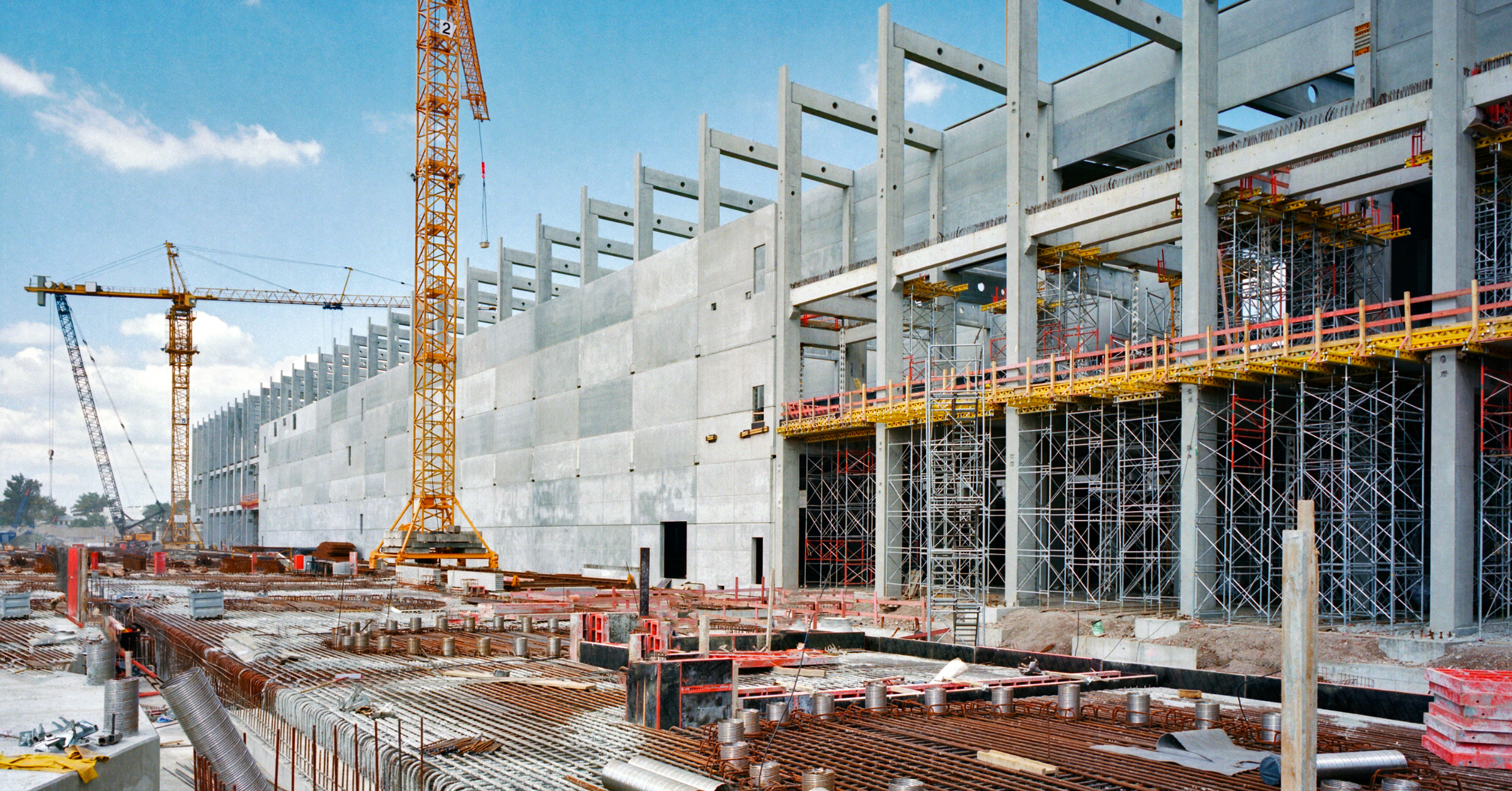In today's economic landscape, ongoing discussions around tariffs and inbound material costs have introduced new layers of complexity into the building and development process. At Milrose, our mission is to help clients stay ahead of these evolving challenges, so they are prepared. As tariffs become more common, particularly on materials critical to construction and infrastructure, developers must prepare for the ripple effects these policy shifts can have on permitting, compliance, and project timelines.
Here's how our team of consultants anticipates tariffs could reshape the permitting and compliance landscape across key sectors.
1. Tariffs Drive Cost-Related Project Delays and Permit Complications
Tariffs will increase the cost of essential imported materials like steel, aluminum, and electronics. This financial pressure forces many developers to pause, scale back, or redesign projects to stay within budget each of which triggers new permitting consequences:
- Delayed or reduced project scopes can stall permitting processes or result in expired approvals
- Material substitutions (like switching from steel to engineered wood) often require building code reevaluations and new rounds of permit applications
- Timeline shifts may prompt environmental reviews to be revisited, particularly for time- sensitive developments
2. Increased Regulatory Scrutiny Follows Shifting Trade Practices
To offset tariff costs, companies may reclassify materials or shift to new suppliers often across borders. These changes increase exposure to regulatory audits and complicate compliance:
- Product reclassification to avoid duties could trigger customs investigations or fines if
not handled precisely - New sourcing regions require fresh documentation, safety standards verification, and often updated environmental assessments
- Compliance personnel and legal consultants are in higher demand to support document audits and classification accuracy
3. More Complexity Means More Risk—and More Oversight
Tariffs don't just raise costs—they add layers of regulatory risk. Here's what that means:
- Supply chain audits and third-party assessments are increasing in frequency
- Inadvertent mislabeling or misclassification can lead to costly penalties
- Documentation integrity becomes critical to avoid noncompliance and legal exposure
4. Environmental and Cross-Border Considerations Add Pressure
Changing suppliers or sourcing countries may seem like a simple cost-saving tactic, but the environmental and regulatory impacts can be profound:
- Cross-border projects (pipelines or infrastructure) may face additional permitting hurdles across jurisdictions
- Shifts in emissions profiles or habitat impact can require new environmental impact statements
- Stormwater, air quality, and green certification standards may be put at risk if the replacement materials do not align with previously approved project specifications
5. A Growing Opportunity for Expert Guidance
While these challenges create headaches for developers, they also generate demand for experienced compliance and permitting consultants.
- Expert navigation: Firms like Milrose Consultants provide the insight and strategy needed to expedite, revise, or pivot permitting strategies in response to tariff changes
- Training & education: Teams across the construction and energy sectors require upskilling to stay compliant with new trade and policies
- Digital solutions: Tools that track permits, flag tariff impacts, and automate compliance documentation are on the rise
Tariffs are more than just an economic lever; they are a regulatory disruptor. At Milrose, we see these changes as an opportunity to provide even greater value for our clients. Our team is equipped to support businesses through permitting pivots, compliance shifts, and risk management strategies in this new era of global trade uncertainty.
Whether you're navigating a complex material substitution, seeking guidance on cross-border permitting, or implementing a digital compliance solution, Milrose is here to guide you forward every step of the way.






